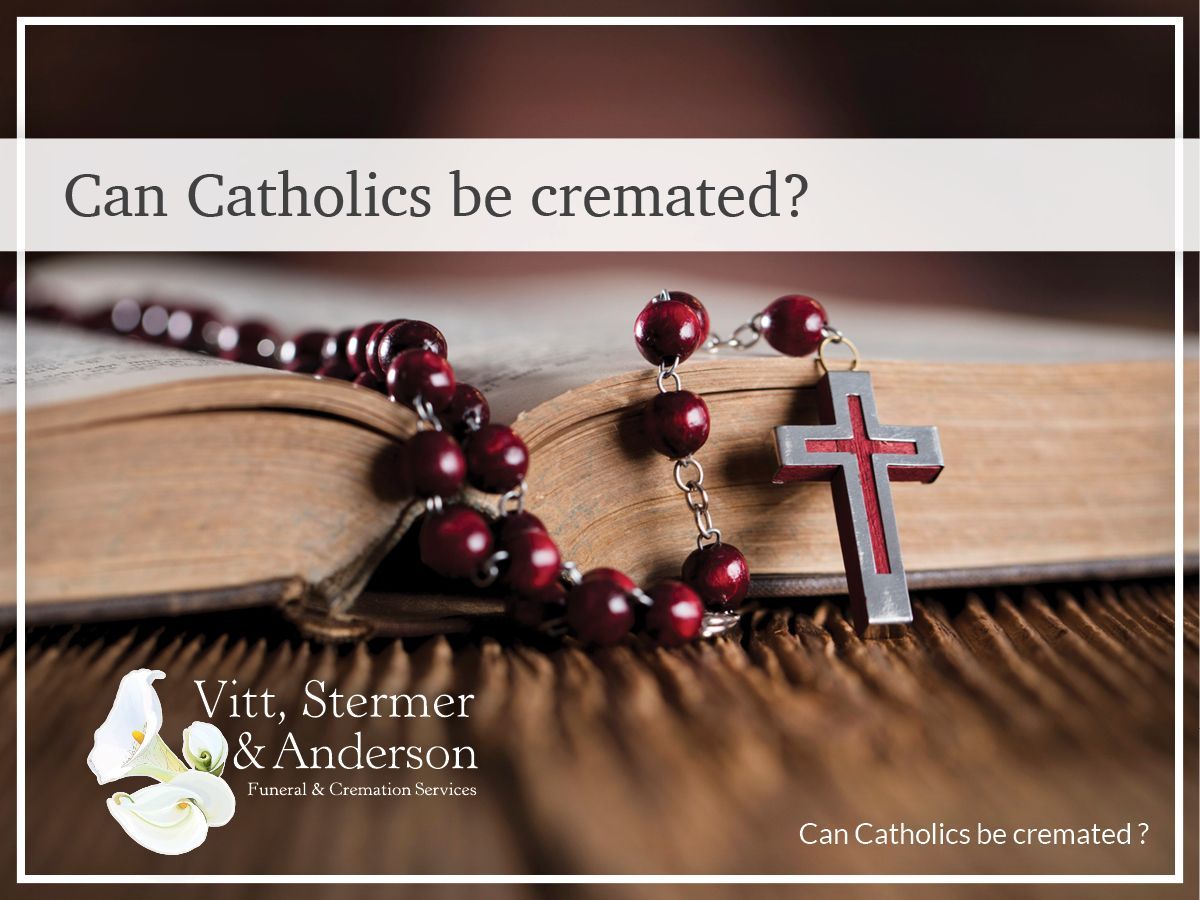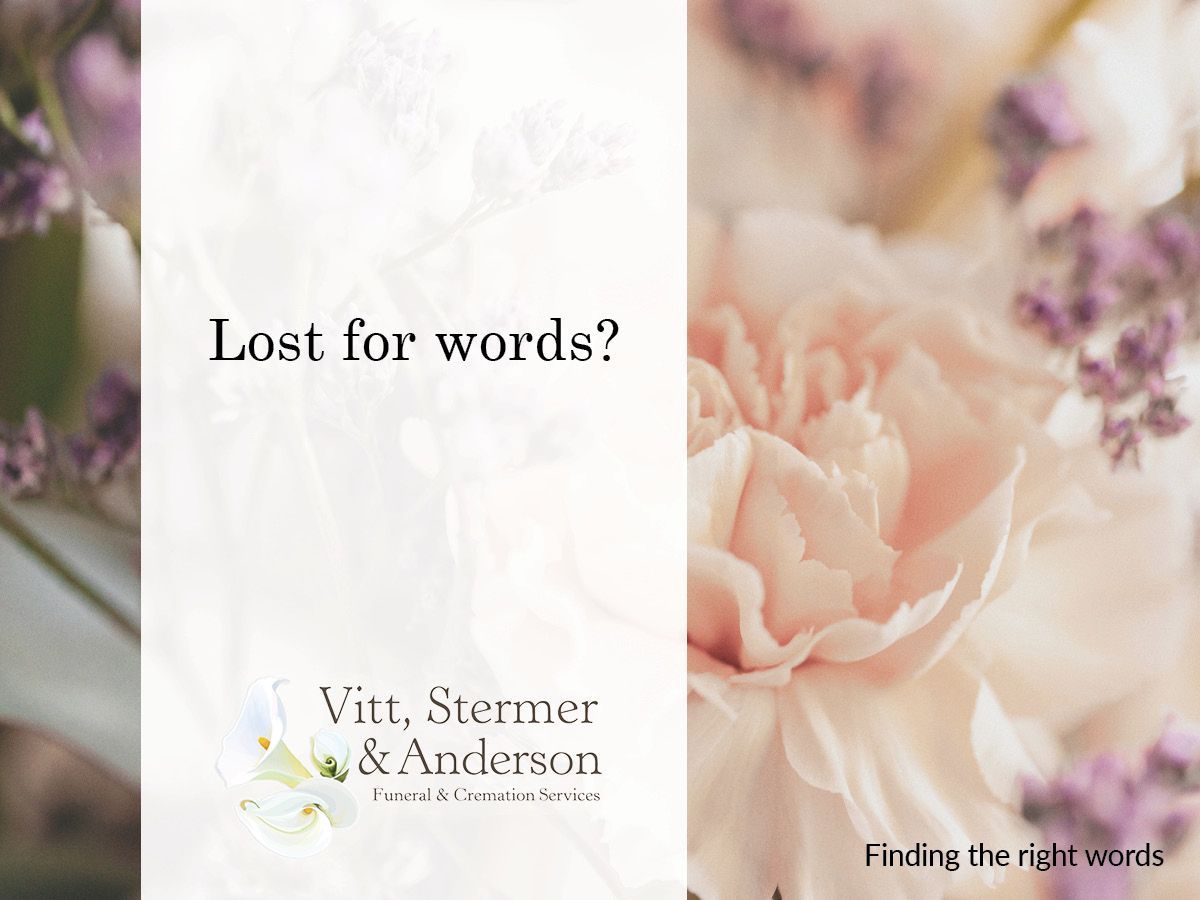What Will Happen to My Funeral Plan if There is No Body to Bury or Cremate?
While possible, it is truly rare for a death to occur and for there to be no body to care for. Still, this is a frequently asked question. Final disposition of the body, usually burial or cremation, is a part of what we humans do when a life ends. But it is not all we do. It is also not all we can do.
When there is no body - be it consumed by fire, lost at sea, or in some remote inaccessible location - it is devastating for the surviving family. This makes the rest of the closing of life ceremony that much more important.
Even if there is no body, there was a life. There will be a service, a eulogy, people will share memories. They will cry and hug and offer condolences. For the faithful, there will be a church-based farewell. Even without a body, most families will want a memorial service. People will gather. The only aspects missing will be those directly related to care and disposition of the body.
Often this “what if” question is asked of the funeral director when people are making their funeral arrangements in advance. For some, planning their own funeral is an emotional undertaking. Some people are ill at ease and looking for a reason to avoid the task at hand. The idea of the question is to derail the mission. Most often this occurs when a husband and wife are making their plans together and one or the other would prefer to end the meeting. The idea they seek to promote is that advanced planning is a waste of time, and if they pay in advance and die in a manner that leaves no body to care for, the plan will be a waste of money.
So, the first thing to understand is how planning and paying in advance works. If you pay for something like a casket and then circumstances prohibit using a casket at the time of death, the money set aside for that item would be returned to the surviving family members. In short, anytime an advanced funeral plan is funded, the final reckoning occurs at the time of death. In the end, only those services provided are paid for, and any excess funds are returned to the family.
If you have this question or any other question, don’t hold back. Ask the advance funeral planning professional. Getting your questions answered and having your mind put at ease is exactly what the funeral director hopes to accomplish at your planning meeting.












